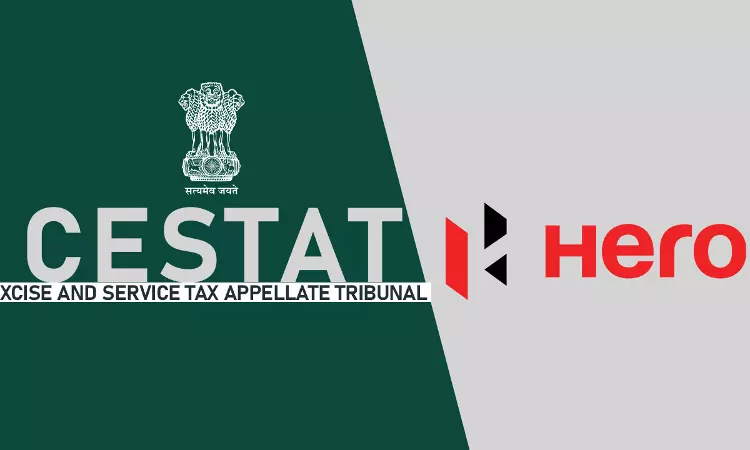The Chandigarh Bench of the Customs, Excise, and Service Tax Appellate Tribunal (CESTAT), while allowing Cenvat Credit to Hero Motocorp, held that it is the statutory obligation of two-wheeler manufacturers to clear motorcycles from the factory with mirror assembly and sari guard.The bench of S. S. Garg (Judicial Member) and P. Anjani Kumar (Technical Member) has observed that mirror assembly...

